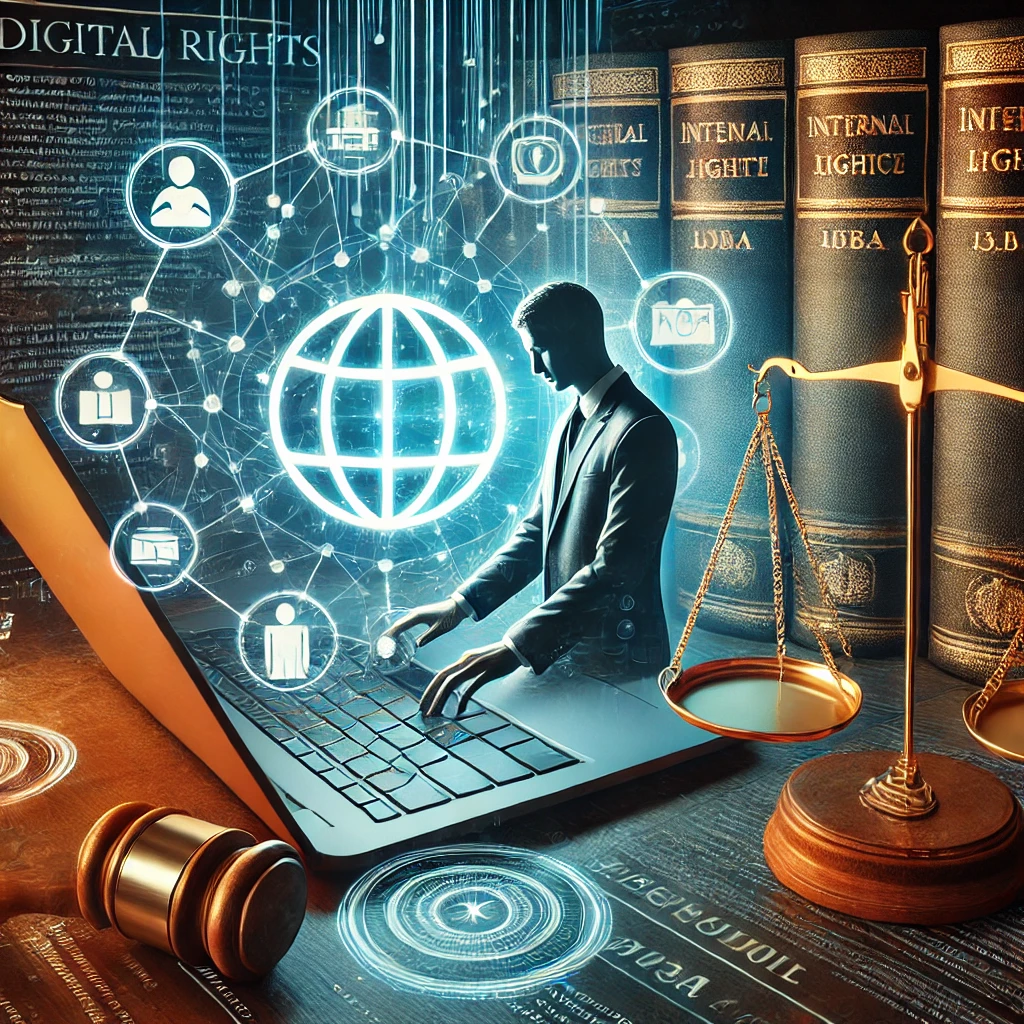Cyber Law at Saint Lucia
Saint Lucia has developed a comprehensive legal framework to address cybercrime, data protection, and digital infrastructure security. Here's an overview of the key aspects:
🛡️ Cybercrime Legislation
Saint Lucia's Computer Misuse Act criminalizes various cyber-related offenses, including
Unauthorized Access:Accessing computer systems without permission
Data Interception:Intercepting communications or data without authorization
Data Modification:Unauthorized alteration or destruction of data
Malicious Communications:Sending harmful or offensive electronic messages
Cyber Fraud:Engaging in fraudulent activities using electronic means, Offenses involving protected computer systems, such as those related to national security or critical infrastructure, carry enhanced penalties, including fines up to $100,000 or imprisonment for up to 3 years
🔐 Data Protection and Privacy
The Data Protection Act establishes principles and obligations for the processing of personal data:
Data Controller Responsibilities Implementing appropriate security measures to protect personal data
Data Subject Rights Individuals have the right to access, correct, and request the deletion of their personal data.
Registration Requirement Data controllers must register with the Data Protection Commissione.
Exemptions Certain activities, such as national security or law enforcement, may be exempt from some provision. The Act also outlines penalties for non-compliance, including fines up to XCD 500,000 for severe violations
💻 Cybersecurity Initiative
Saint Lucia has undertaken several initiatives to enhance cybersecuriy:
*National Cybercrime Strategy: Collaborating with regional partners to develop strategies to combat cybercrime
*Establishment of CERT: Working towards the creation of a national Computer Emergency Response Team to respond to cybersecurity incidens.
*Cybersecurity Training: Implementing training programs to build capacity in cybersecurity skils.
📌 Summary
Saint Lucia has established a robust legal and institutional framework to address cybercrime, protect personal data, and enhance cybersecurity. Through legislation, strategic initiatives, and regional collaboration, the country is strengthening its digital infrastructure and preparing its citizens for the challenges of the digital age.


















0 comments